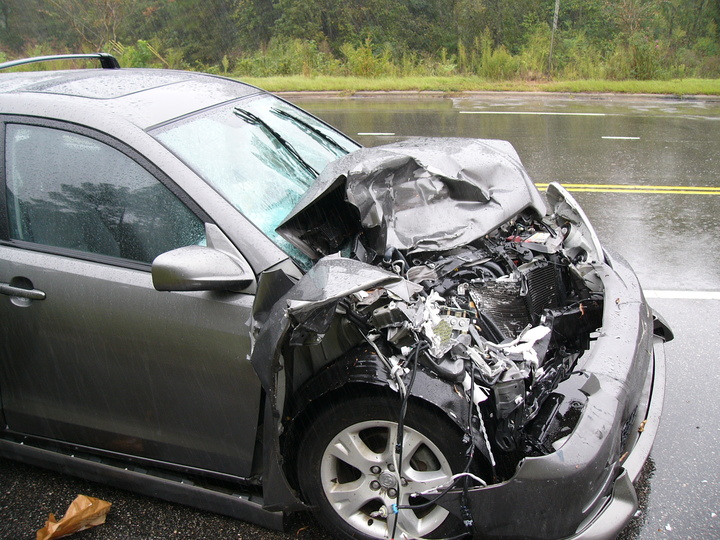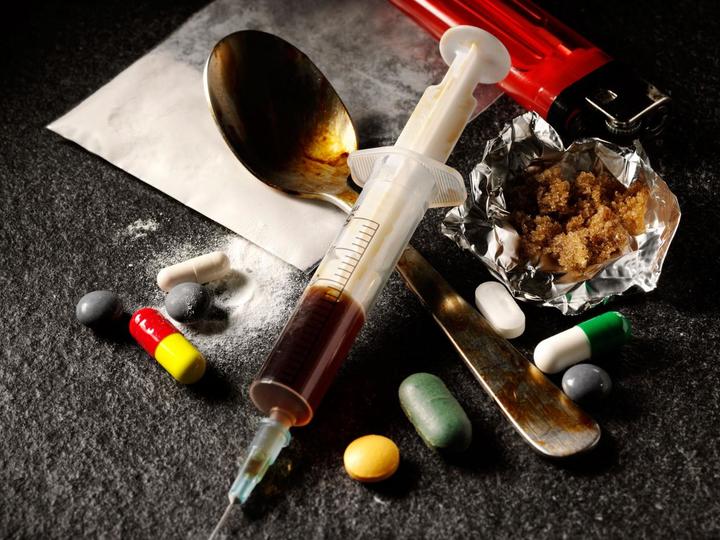Publicité
Social issues: Prevention better than cure
Par
Partager cet article
Social issues: Prevention better than cure

We are these days witnessing an overwhelming number of serious road accidents in the country. More than sixty-one deaths since the beginning of the year, not taking into consideration the accompanying number of the wounded cases. One important question that comes to mind is whether they are avoidable. If yes, how?
These ongoing very sad and tragic events are deeply felt by everyone and mostly by the members of families who have had to endure the helplessness and unbearable pain in having lost their dear ones in accidents that could perhaps have been avoided, had there been proper planning and proactivity.
With a view to deepening our understanding, we have come across interviews of members of the public from different social strata being initiated in the l’express newspaper. The aim, obviously, is to search for plausible causes of road accidents in addition to it being a concientisation exercise, and hence trying to avoid them, and proposals for remedy in minimising the occurrence of them - eliminating road accidents being next to impossible, since where there is movement, there’s bound to be accidents.

to detect if road users are under the influence of drugs.
The additional aim is also to motivate road users to take additional care as well as sharpen their vigilance when on the road. The opinions of the members of the public regarding this issue are mostly laudable and might require to be taken into careful consideration when compiling causes. But alas, ‘‘it happens to others’’, is unfortunately the motto in our conscious or perhaps even our unconscious mind. Responsibility and accountability being shifted individually or collectively onto others.
Pointing a finger at others rather than onto oneself. Easier said than done, as is most of the time voiced. I am one those who would point at others, at the authorities, but only when it is legitimate. In that, when it comes to road safety, I join those who have valid reasons to find shortcomings or faults in the authorities concerned with road accidents.
I would like to refer to one occasion where in my published writings in this very newspaper, I did raise the question whether, in addition to alcohol test on drivers, there are equipments at all existing to enable law enforcement authorities to check whether drivers are under the influence of illicit drugs that could impair their ability to be sober enough to occupy the driver’s seat.
To my dismay, I did find out that in Mauritius there are no equipments as yet to detect the possibility of drivers who might be under the influence of drugs other than alcohol. To declare that road authorities have found out that drivers of vehicles, motorbikes have been tested negative for alcohol, whenever there is a road accident, is certainly not enough. It is also of paramount importance that they be tested for possible ingestion of illicit drugs as well, whether they be cocaine, methamphetamine, heroin, cannabis, marijuana, or other. Not having tested for drugs, and relying on alcohol test alone is simply an approach that is unreliable and lopsided for the purpose of safety. And in Mauritius, as I have recently checked, there are no existing equipments to measure drugs intake by those who contravene, unless if there are, they must be lying dormant at the bottom of the drawer, to use a term too often used by politicians.
This is what I mean when I declare that I join those who point a finger at others, but only where there is veracity. In Australia in the media, one always find that in spite of the zero alcohol indication, drivers can still have their cars impounded when additional alternative tests reveal the presence of prohibited drugs in the drivers’ system.

It is important to realise that illicit drugs as well as excess of alcohol can have disastrous effects on drivers, motorcyclists and even pedestrians. The very brain structure is affected to such an extent that drivers cannot exhibit complete control of themselves, endangering their own lives as well as those of other road users. It is proven that the very neurotransmitters, dopamine and cortex (these being part of the brain structure), can be so adversely damaged, that the mind becomes out of control, the individual becoming as a result unable to be sober and lucid enough to realise the dangers that he/she may be in or creating for others.
One recent newspaper article in Victoria, Australia, even uses the term ‘‘psychotic’’ when indicating drug issues, experts considering such condition to be a significant mental ill-health caused by the ingestion of the drug ‘‘ice’’. This same paper is reproaching parents to be literally ‘‘sitting on their hands’’ while their children are experiencing violent episodes due to mental ill-health and drug problems.
It is laudable that Minister Nando Bodha is envisaging setting up the National Road Safety Strategy for 2016 to 2025. Let us take drugs as a national issue within the context of road safety, the topic of an ascending risk, especially among youngsters. Let us not sit on our hands and act as spectators while others are struggling to do the job. Let us realise that all drugs, whether legal or illegal, do impact on the ability of road users (pedestrians including), and all contribute to implement whatever is necessary. Let us not be blinkered by the reference that alcohol ingestion is the only way to intoxication in the domain of road safety. Apart from other factors, the effects of illicit drugs, call them by any name, are significantly strong factors that can absolutely not be neglected. The acquisition of relevant equipments for measuring illicit drugs should be seriously envisaged. Together we reiterate it; pointing a finger at the authorities.
Publicité
Publicité
Les plus récents






